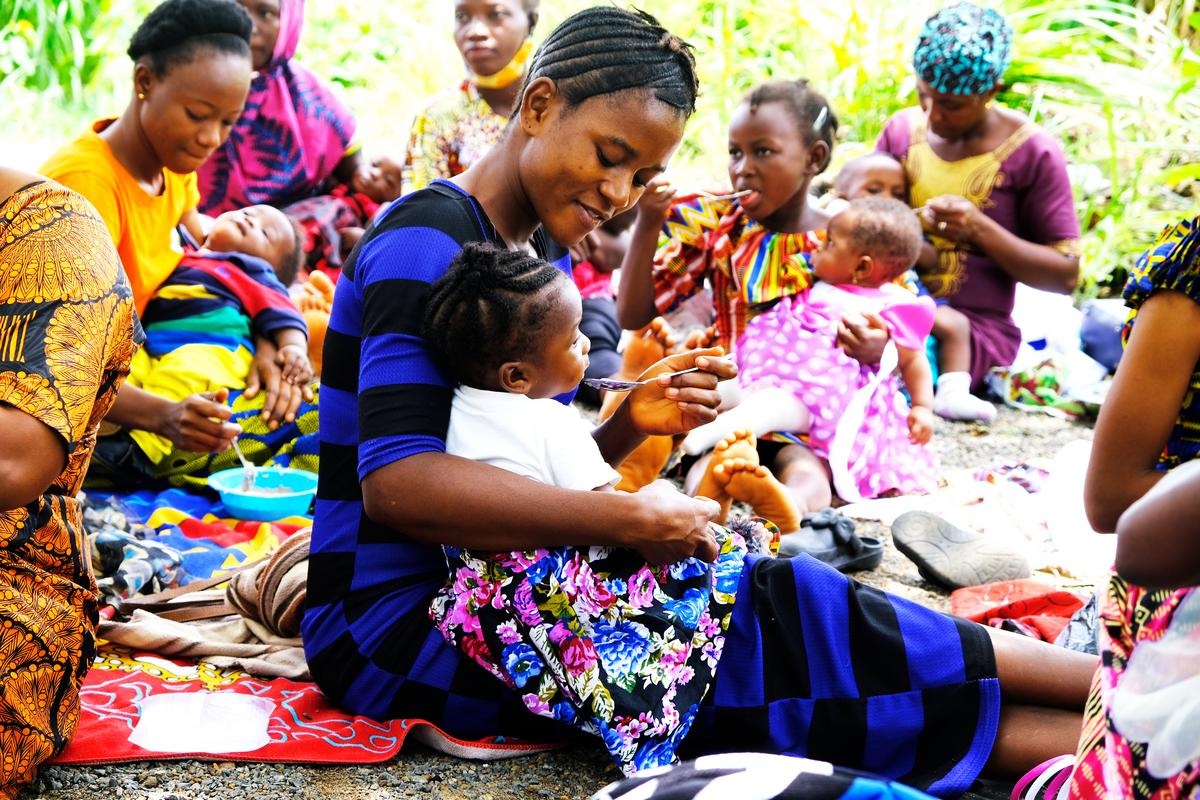Good News In Global Health
6 Facts That Show How Far We’ve Come
Posted on Jul 28, 2023

For centuries, cholera killed millions of people. The diarrheal disease could cause dehydration, shock, and death within 24 hours. Since the 1970s, it has been treatable by a simple therapy: oral rehydration solution, a mixture of water, salt, and sugar.
That medical advance has saved millions of lives.
Cholera remains an urgent issue in low- and middle-income countries, especially in the wake of disasters such as flooding and earthquakes. But its simple, low-cost treatment offers proof of global health’s progress.
Over the past 50 years, the world has seen advances in science and medicine, public health, and advocacy that have helped millions worldwide access care, reaching patients once neglected and diseases once untreated.
Global health inequities persist, and the movement for free, universal health care remains as urgent now as ever. But in a world rife with injustice, it is important to also look to moments of progress—moments that invite us to reject despair and cynicism and show that, with concerted effort, resources, and support, historic change is possible.
1. AIDS-related deaths have declined more than 60% since the peak in 2004.
Massive strides have been made in the fight against HIV/AIDS. At the peak of the epidemic in 2004, some 2 million people died of AIDS. In the years since, as access to treatment and care improved, deaths have declined dramatically. Additionally, progress has been made in finding a cure, with the virus cured in mice using gene-editing technology. Still, millions worldwide live with HIV and access to treatment and care remains an urgent issue.
2. Child mortality has fallen by nearly 60% over the past 30 years.
Over the past half-century, millions of children’s lives have been saved due to improved access to vaccinations, nutrition, and other forms of medical care. In 1990, 1 in 11 children under 5 died. By 2021, that rate was 1 in 26, more than halved. Despite this progress, child mortality continues to take a devastating toll. In 2021, roughly 13,800 children under 5 died each day, showing how much progress has still to be made.
3. Smallpox has been eradicated and polio, nearly eradicated
Global health advocacy and scientific and medical advances have led to the end of once-deadly diseases. Smallpox, a disease that killed 300 million people in the 1900s alone, was declared eradicated in 1980, thanks to vaccination campaigns that enlisted the help of thousands of health workers worldwide. Global health initiatives have also led to a 99% drop in cases of polio, a disease that can lead to lifelong paralysis, since 1988.
4. World’s first Ebola vaccine approved
In 2019, European health regulators approved an Ebola vaccine, opening the door for the vaccine to be widely deployed as opposed to limited to experimental programs. The 2014 outbreak in West Africa, which Partners In Health responded to in partnership with ministries of health, killed more than 11,000 people. More recent outbreaks in the Democratic Republic of Congo have killed more than 2,000.
5. COVID-19 vaccine developed in record-time
Vaccines to fight the COVID-19 pandemic were the fastest vaccines ever created in history. Normally, vaccine research and development can take as long as 10-15 years. COVID-19 vaccines were developed in less than 12 months, without compromising safety—the vaccines were built on decades of existing research and the testing process did not skip any steps. Despite this breakthrough, vaccine inequity has persisted. Only 24% of people in low-income countries have received at least one dose.
6. World’s first malaria vaccine approved
After 100 years of research and clinical trials, the world’s first-ever malaria vaccine was approved by the World Health Organization in October 2021—a historic moment that marked a turning point in the fight against the deadly disease, which kills about 500,000 people each year. Questions remain about cost and access to the vaccine, but its approval has the potential to change the course of global health.
Change is possible
We created a resource guide for global health advocates to help join us as we fight for health care as a human right.

